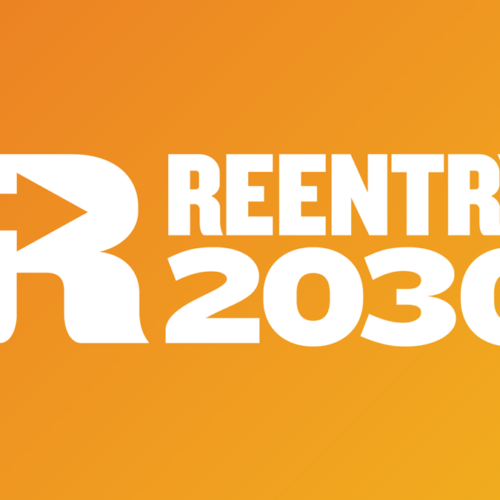Breaking Down Barriers: Reentry 2030 States Meet to Tackle Employment-Related Collateral Consequences

On June 26, the CSG Justice Center convened state leaders in workforce development, education, and corrections from 7 Reentry 2030 states for the second session of the Reentry 2030 Workforce Development Peer Learning Cohort. The session focused on employment-related collateral consequences and policies and strategies for effectively navigating them.
Employment-related collateral consequences are state laws and regulations that prohibit people with certain convictions from accessing occupational and business licenses and limit employers’ ability to hire otherwise qualified candidates from the justice-involved population. While work has been done across the country to mitigate barriers to employment for people returning from incarceration, hundreds of these laws remain in state statutory and regulatory codes, some of which may have outdated provisions or unintended consequences.
Cohort participants from Alabama, Arizona, California, Nebraska, New York, North Carolina, and Washington learned about the scope and operation of this complex web of law and regulations and discussed how each state can better prepare the reentering population to navigate them.
For more on the session, the national Reentry 2030 initiative, and how your state can join, visit Reentry2030.org.
ABOUT THE AUTHOR

8 states gathered to discuss workforce solutions for formerly incarcerated people.
Read More Reentry 2030 States Explore Day 1 Employment Readiness After Incarceration
Reentry 2030 States Explore Day 1 Employment Readiness After Incarceration
8 states gathered to discuss workforce solutions for formerly incarcerated people.
Read More









